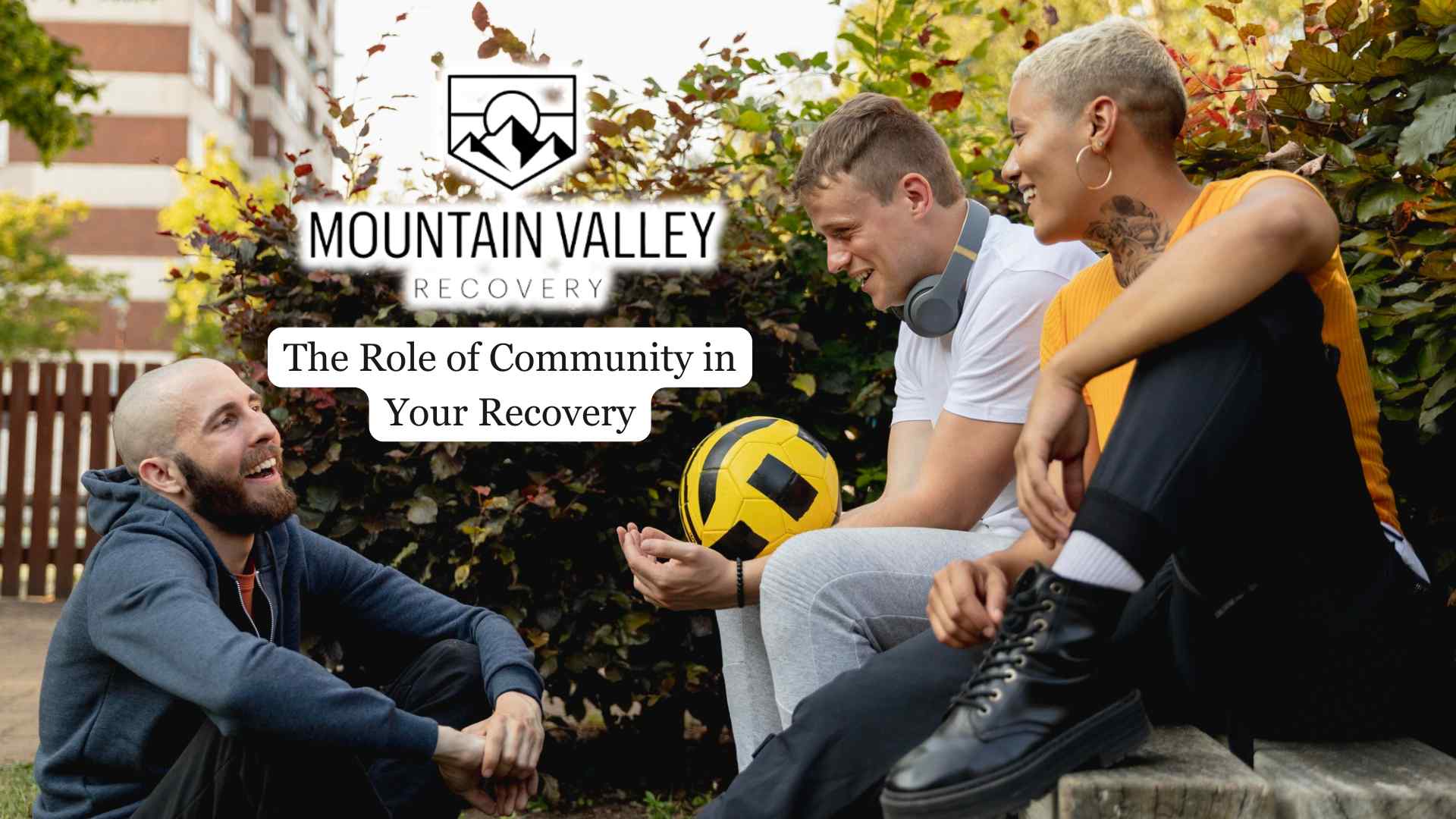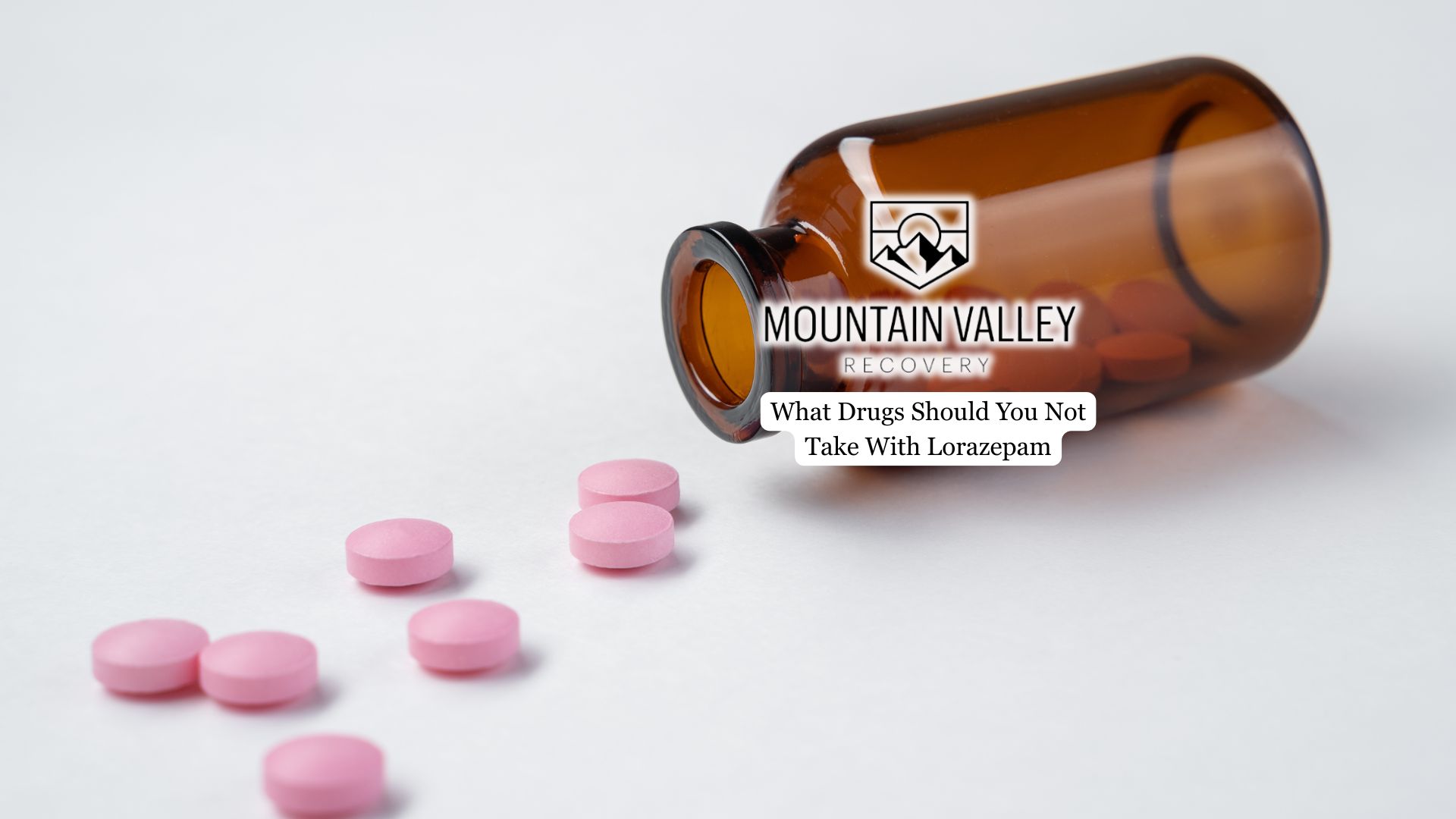While the path to healing may be individual, the role of community in this process cannot be overstated. For many, the road to recovery is fraught with challenges – feelings of isolation, self-doubt, and the weight of past experiences can make the journey seem overwhelming. Yet, it is within the embrace of a supportive community that individuals find strength, understanding, and hope.
In this article, we will explore the multifaceted role of community in recovery, examining how it can transform an isolating experience into one filled with support and camaraderie.
Finding Support
Joining support groups like Alcoholics Anonymous (AA) or SMART Recovery connects you with relatable peers who share similar experiences, reducing feelings of isolation.
These groups provide a safe space to discuss challenges, celebrate successes, and receive emotional support from those who understand your struggles.
Beyond support groups, local community resources such as non-profit organizations and community centers offer valuable services, including regular meetings, counseling, and educational workshops.
Engaging in these resources enhances your recovery efforts by providing access to expert guidance and knowledge.
Participating in sober activities through community events is another excellent way to find support. These activities foster new friendships with like-minded individuals who prioritize a healthy, substance-free lifestyle.
Building connections with others who share your goals and values creates a strong foundation for long-term recovery success.
While community involvement is beneficial, it should be combined with addiction treatment, such as therapy and medication-assisted treatment when necessary, to address the underlying causes of addiction and promote comprehensive recovery.

Rebuilding Social Skills
Engaging with others who share similar experiences allows you to practice active listening, enabling more effective participation in conversations.
The support and understanding you receive from your community foster empathy, helping you relate to others’ struggles and develop meaningful connections.
Interacting regularly in safe environments provides opportunities to hone conflict resolution skills, which are essential for rebuilding social relationships.
The open dialogue encouraged in community settings promotes healthy expression of feelings, allowing you to improve your emotional communication.
Here, we have a guide for families wanting to support their loved ones while in addiction recovery:
https://mountainvalleyrecovery.com/familys-guide-to-supporting-addiction-recovery/Reducing Isolation
Socializing with others who’ve faced similar challenges related to substance use disorders helps you feel understood and connected, reducing feelings of isolation that often accompany the recovery journey.
By participating in shared experiences, such as support groups, volunteering, or attending community events, you’ll build meaningful relationships and develop a sense of belonging.
Surrounding yourself with a network of peers who understand your struggles and celebrate your successes is invaluable. This peer support not only diminishes loneliness but also provides motivation and accountability, helping you stay committed to your recovery goals.
Encouraging Healthy Lifestyles
Actively taking part in sober community activities promotes healthy lifestyle changes by reinforcing the idea that joy and fun can be experienced without substances.
Participation in group exercise initiatives within your recovery community fosters physical well-being and builds camaraderie among members. Sharing healthy eating habits and cooking together can motivate you to adopt a balanced diet and improve your overall nutrition. Involvement in outdoor activities with supportive peers not only strengthens social bonds but also contributes to improved mental and emotional health.
Find out what type of recreational activities are most beneficial for mental health and addiction treatment.
Providing Accountability
A strong support network within your recovery community fosters accountability by encouraging you to share your recovery goals and progress, helping you maintain motivation and commitment.
Regular participation in support group meetings allows you to openly discuss your challenges and successes, creating a culture of accountability that promotes sustained sobriety. Mentorship relationships, where more experienced members guide newcomers, enhance accountability by providing a model of recovery and encouraging honest communication about struggles.
Accountability is reinforced through shared responsibilities in group activities, where you can rely on each other for practical support that aids in maintaining sobriety. Individuals engaged in accountability partnerships within a recovery community experience lower relapse rates, as the support and encouragement from peers help navigate difficult moments.
Final Thoughts from Mountain Valley Recovery
At Mountain Valley Recovery, we recognize that the path to sobriety is enhanced by the relationships built with others who face comparable challenges. These connections create a supportive, accountable, and encouraging atmosphere, empowering individuals to navigate their recovery with increased strength. By engaging with a community of peers and mentors, you find comfort in shared experiences and gain valuable insights that can lead you toward a rewarding life free from addiction.





